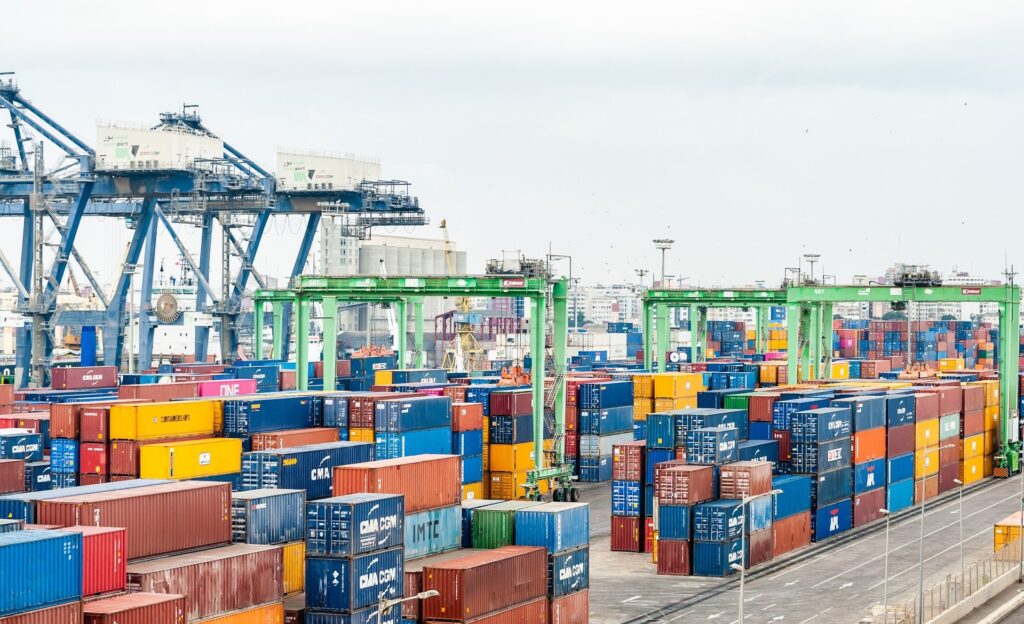Egypt’s Purchasing Managers’ Index (PMI) for the non-oil private sector saw a slight improvement in March, rising to 47.6 from 47.1 in February, according to S&P Global’s monthly report. However, despite this uptick, the new reading indicates significant deterioration in the sector’s health, remaining below the average reading since April 2011.
PMI serves as a composite gauge designed to provide a single-figure snapshot of operating conditions in the non-oil private sector economy.
Egypt’s non-oil private sector continued to face worsening conditions in March, with both business activity and new orders volumes dropping at rates similar to those recorded in February. Companies pointed to volatile currency markets that have adversely impacted customer demand and led to price increases.
Activity across the non-oil private sector contracted sharply in March, attributed to weak order books and heightened inflationary pressures, which continued to impact business output and confidence, according to the report.
The report highlighted that the downturn was only slightly milder than the recent low point observed in February, making it the second strongest contraction in 14 months.
Regarding demand, the report noted a significant slump as new order volumes sharply decreased, primarily due to the exchange rate of the pound against the US dollar, along with general price uncertainty leading to reduced client spending.
“Businesses in Egypt’s non-oil private sector continued to come under pressure from the country’s recent currency crisis in March. The sharp fall in Suez Canal activity due to the Red Sea crisis led to a marked drop in US dollar inflows in February, causing exchange rates and inflation to spiral upwards,” said David Owen, Senior Economist at S&P Global Market Intelligence.
CBE efforts
On March 6, the Central Bank of Egypt (CBE) hiked key interest rates by 6% and floated the Egyptian pound, through which the local currency has lost over 60% of its value against the US dollar. Additionally, the IMF announced the completion of the first and second reviews of the ongoing loan deal with the country after extending it from $3 billion to $8 billion.
“It was hoped that the central bank’s intervention in early March, consisting of an emergency 600 basis points interest rate hike and the floating of the Egyptian pound, would start to reverse the damage. PMI survey data on prices suggests this may be the case, with rates of input cost and output price inflation slowing to three-month lows,” he added.
However, companies continue to lack confidence in the prospect of activity improving over the year ahead, with concerns that economic risks may persist for some time, according to Owen.
Although business activity and confidence remained subdued, recent measures such as raising interest rates and floating the Egyptian pound provided some relief from the price pressures caused by Egypt’s currency crisis.
“The rate of overall input price inflation dropped to a three-month low, as some firms found that local market exchange rates had improved. However, others saw material prices rise further, while rampant cost-of-living pressures led to the strongest rise in wages since October 2020,” according to the report.
Moreover, the average output prices increased at the slowest rate for three months but still much faster than the long-run trend.







